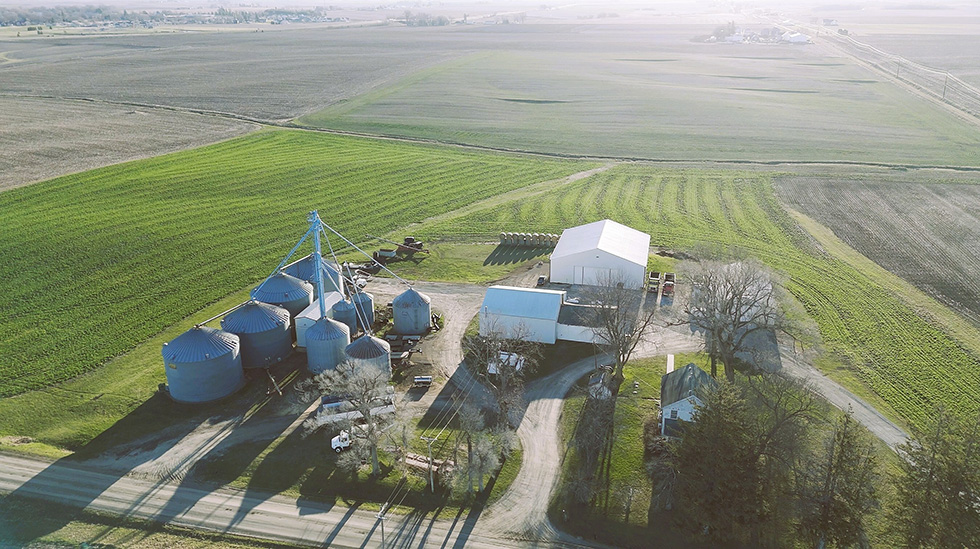PepsiCo has refined its long-term sustainability goals across critical areas including climate, packaging, agriculture and water.
The updated targets, which build on about four years of efforts under the company’s “PepsiCo Positive” (pep+) business strategy, aim to create a more resilient business and drive scalable positive impact amidst evolving global realities.
Since launching pep+ in September 2021, a strategy designed to embed sustainability into the company’s core operations, PepsiCo reports significant progress in regenerative agriculture and water stewardship, alongside positive strides in sustainable packaging and climate change. The company emphasized that the updated goals reflect these advancements and the ongoing challenges posed by external factors and business expansion.
“As circumstances evolve, PepsiCo continually adapts how we source ingredients; make, move and sell our products; and inspire people through our brands,” said Ramon Laguarta, chairman and CEO of PepsiCo.
“This journey is underpinned by pep+, which is an investment in building a stronger and more resilient business – today and in the future – and guides our actions to help create a more resilient, more sustainable food system. Our goals must evolve with us to keep our ambition and to deliver on our long-term vision.”
In refining its sustainability objectives, PepsiCo is sharpening its focus on areas where it believes it can achieve the most profound impact, while simultaneously strengthening its business resilience. The company stated it remains ambitious with its targets, even setting a more aggressive goal for regenerative agriculture. This approach balances scientific advancements with a pragmatic recognition of systemic barriers, such as lagging infrastructure for recycling and reuse and the continued growth of PepsiCo’s operations.
Notably, PepsiCo’s “Positive Choices” goals, which target reductions in saturated fat, sugar and sodium content and aim to deliver more diverse ingredients, remain unchanged. The company reports it is on track to meet these objectives, while adapting its product portfolio to align with both consumer and commercial demands.
[RELATED: PepsiCo’s Watershed Projects Aim To Replenish Millions Of Gallons Of Water]
The revised goals for climate, packaging, agriculture and water also reflect PepsiCo’s refined understanding of where it can accelerate positive impact and where progress will require more time. Key global enabling factors, such as the modernization of electric grids, the availability of electric vehicle charging infrastructure, cost-competitive electric vehicles and varied government approaches to sustainability, all play a role in this recalibration. The company stressed that these refined goals promote transparency about challenges while reinforcing a commitment to rigorous tracking of progress toward its long-term sustainability vision.

